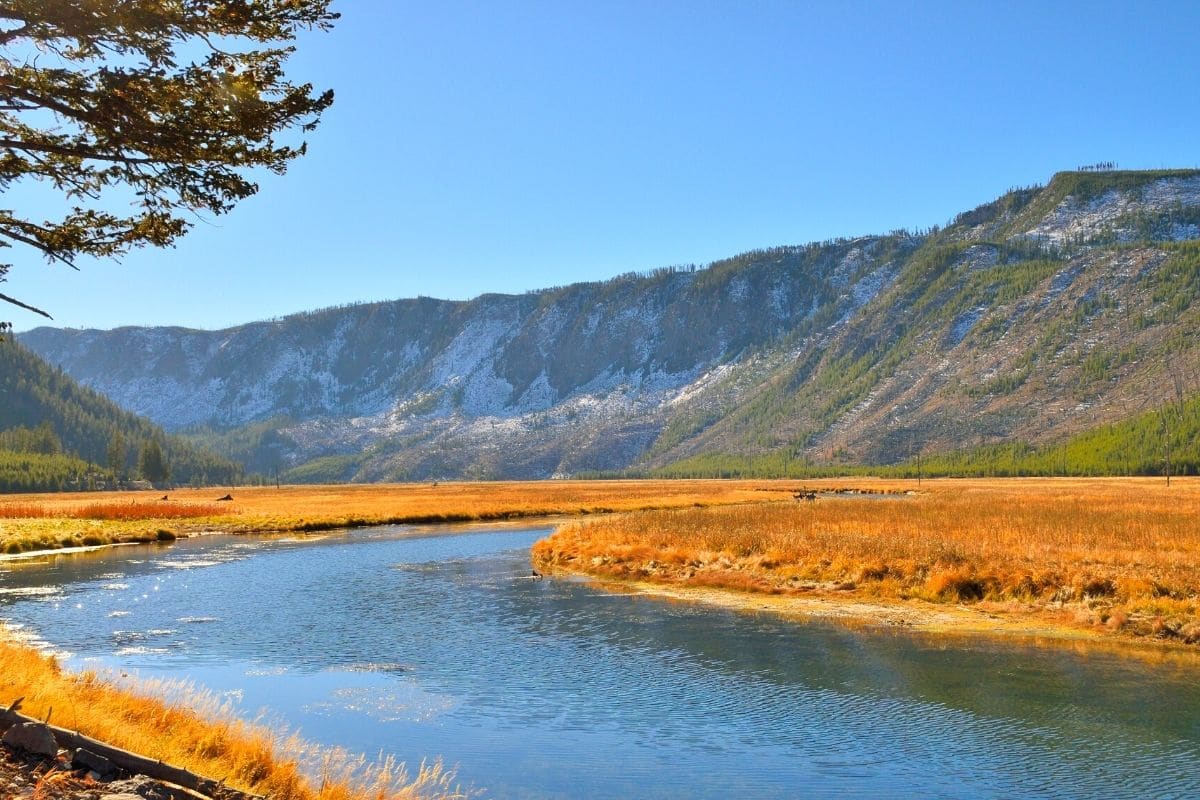Traveling for the first time comes with a lot of excitement—and a fair share of questions. One of the most common concerns for new travelers? Food. What will I eat? Will I find food that suits my taste or dietary needs? How much will eating out cost? These are all valid questions.
Being in a new place means unfamiliar cuisine, inconsistent meal times, and sometimes limited food options, especially if you’re on a budget or have dietary restrictions. But with a little planning and a few smart tips, food doesn’t have to be a stressor.
Whether you’re cooking in a tiny Airbnb kitchen, grabbing meals on the go, or packing snacks for long train rides, this guide will help you feel prepared.
1. Making the Most of a Kitchenette
If your accommodation includes a kitchenette, even a small one, it can be a huge advantage. You don’t need a full kitchen to prepare something comforting and familiar. Grocery stores, even in the most unfamiliar places, often carry the basics. A few eggs, some vegetables, and a little pasta can make a solid meal.
Bringing a few pantry items from home makes it even easier. Something like orzo is compact, lightweight, and versatile. You can cook this using an easy orzo pilaf recipe. All you need other than olaf is some butter, broth, and a pan.
Start by toasting the orzo in butter until golden brown. Then add two cups of chicken broth and let it simmer until absorbed, about fifteen minutes. It’s simple, satisfying, and doesn’t require a dozen ingredients.
Cooking even one meal a day can give you more control over your budget and help you stick to your dietary preferences. It also lets you enjoy local produce in your own way, without needing to decode an unfamiliar menu every time.
2. Think “First Night” Food
The first night of a trip is often the most tiring. You’ve likely been in transit for hours and may not feel like wandering out to look for food. Having something easy and ready to eat for your first evening makes a big difference.
Pack one or two shelf-stable meals in your luggage. These could be instant noodles, a pouch of microwavable rice and curry, or even a cup of soup. It’s a small step that saves you the stress of having to make decisions or spend money immediately after you arrive.
3. Snack Smart on the Go
Travel days are full of waiting: airports, train stations, long car rides. In those moments, hunger can sneak up fast. Packing a few reliable snacks helps avoid both crankiness and overpriced convenience store food.
Choose snacks that hold up in a backpack—granola bars, nut mix, dried fruit, or peanut butter crackers. You want things that won’t melt or get crushed easily. Having a snack on hand also helps when local meal times don’t match your own, or if you’re not ready to try the local food right away.
4. Stay Hydrated Without Overspending
Water is something we often forget to plan for, but it’s essential when you’re active and constantly on the move. Buying bottled water at every stop adds up quickly—not to mention it’s not great for the environment. The fix is simple: carry a reusable water bottle and refill it as often as you can.
In most cities and airports, you’ll find refill stations. In places where tap water isn’t safe, buy a large bottle or gallon at a local store and use it to refill your own bottle.
5. Get to Know Local Grocery Stores
While eating out is a big part of travel, relying on restaurants for every meal can get expensive and sometimes exhausting. Local grocery stores offer a glimpse into everyday life and are usually stocked with easy options.
Even if you don’t plan to cook, you can find yogurt, fresh fruit, ready-made sandwiches, or simple salads. If you’re in a new country, this is also a great way to explore new foods at a lower cost and with more flexibility.
6. Learn Basic Food Words in the Local Language
Communication can be tricky when you’re in a place where you don’t speak the language. When it comes to food, that challenge can quickly turn into confusion—or even risk—especially if you have allergies or dietary needs. Learning a few basic food-related phrases can go a long way in helping you navigate restaurants, food stalls, and markets more confidently.
Before your trip, take a few minutes to look up how to say things like “no meat,” “no dairy,” “I’m allergic to peanuts,” or “Is this spicy?” You don’t need to be fluent. Even knowing how to ask about ingredients or say thank you helps. Translation apps are great backups, but don’t always rely on them.
By memorizing a few go-to phrases, you’re not simply ensuring your food is safe; you’re also showing respect for the local culture. People appreciate the effort, and it can lead to better service and friendlier exchanges.
7. Use Delivery Apps Wisely
Sometimes you just don’t want to go out—whether you’re jet-lagged, caught in a downpour, or feeling under the weather. Food delivery apps can be your best friend in those moments. They’re especially handy in cities where late-night food options may be limited or restaurants close early.
Before your trip, it’s a good idea to download and set up any local or international food delivery apps that work in your destination. You’ll usually be able to find anything from fast food to traditional meals.
Be sure to double-check delivery fees and operating hours. Some apps also require a local phone number or payment method, so it’s helpful to check that in advance.
8. Keep a Few Kitchen Tools with You
Even if you’re only planning a little light cooking, having a couple of small tools on hand makes the process smoother. Think practical and compact. A mini spatula, a collapsible bowl, or a good travel fork-and-knife set doesn’t take up much space but can be incredibly useful.
If you’re checking a bag or traveling by car, you might even bring a small non-stick skillet or a multipurpose knife. A few reusable containers or zip bags also help if you want to pack leftovers or snacks for the day.
Your Appetite Doesn’t Have to Be Compromised
Managing food while traveling doesn’t need to be a challenge, even for first-timers. It’s all about having a few simple strategies up your sleeve. Stay curious, be a little prepared, and give yourself space to try new things without the stress. Food is a big part of what makes travel fun—don’t let worry take that away from you.







